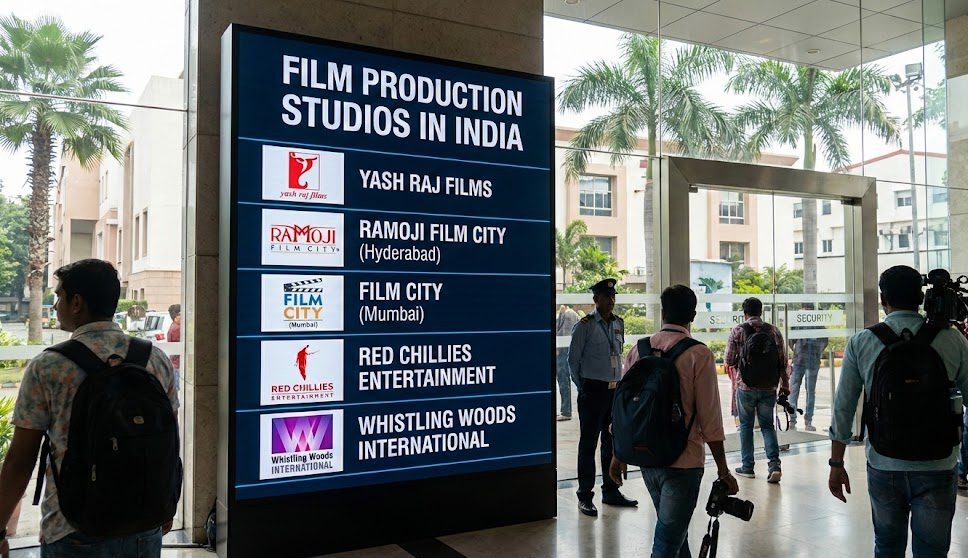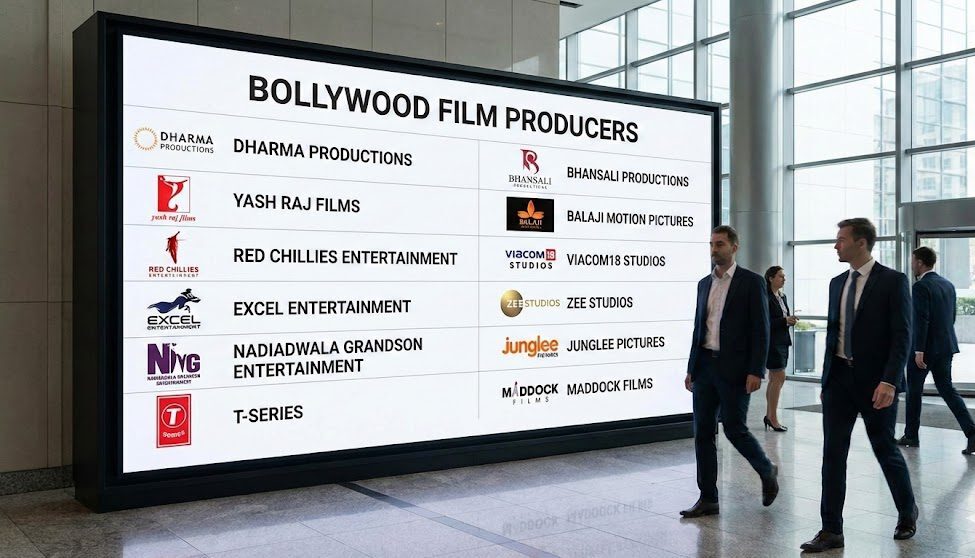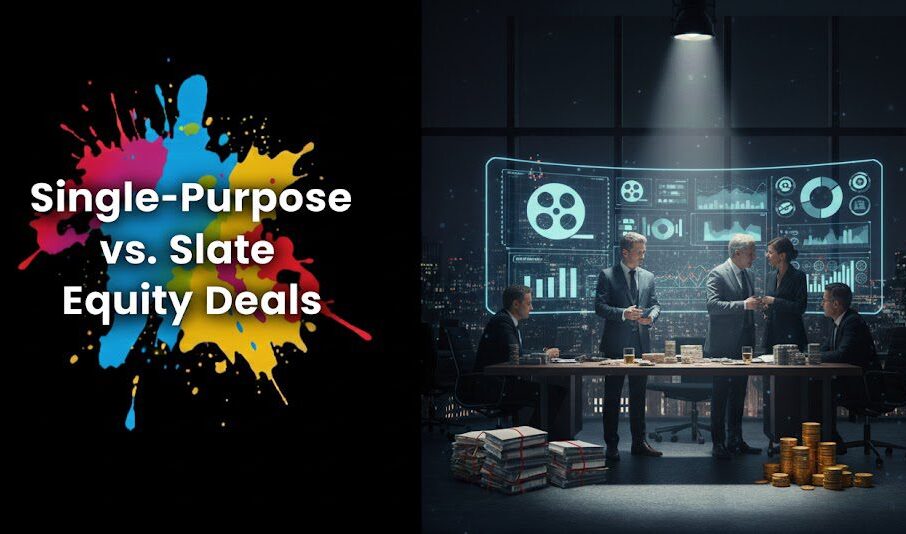The commissioned content model allows studios to fully finance a project in exchange for total ownership of the intellectual property (IP) and backend rights.
While this provides immediate financial security and “greenlight” certainty for producers, it effectively removes the creator from the “Weaponized Distribution” lifecycle, where content is licensed and re-licensed across global platforms for decades.
Data from Vitrina AI reveals that producers who retain even 20% of their IP through co-production intelligence models see a 3x increase in long-term asset value compared to “Work-for-Hire” peers.
In this analysis, we explore the structural shift from opaque studio mandates to transparent supply chain intelligence, providing a roadmap for producers to reclaim their equity.
In This Article
Strategic Takeaways
-
The “Work-for-Hire” Ceiling: Commissioned models offer high security but cap your project’s financial upside to a fixed production fee.
-
Data Deficit Vulnerability: Producers without supply chain intel are forced into commissions because they lack visibility into alternative financing partners.
-
Global Tracker Advantage: Using project tracking allows indies to spot co-production opportunities in development windows, avoiding the “surrender IP” pressure.
The Allure of the Studio Commission: Security vs. Equity
In an era of economic volatility, the commissioned model—often referred to as “Originals” or “Work-for-Hire”—has become a seductive sanctuary for independent producers. When a major streamer or studio fully commissions a project, they bear the entire financial risk. For the producer, this means a guaranteed fee, overhead coverage, and the prestige of a major platform launch.
However, this security comes at a steep price: the absolute surrender of Intellectual Property. In the legacy system, this was a fair trade for access to distribution. But in today’s centralized supply chain, owning the IP is the only way to participate in the secondary and tertiary revenue windows that define the current “Weaponized Distribution” era.
Find financing partners who allow you to retain IP:
The Trap: Weaponized Distribution and Lost Backend
The “Streaming Wars” have evolved into what industry experts call Weaponized Distribution. Major players like Netflix and Warner Bros. Discovery no longer keep content exclusively on one platform forever. Instead, they license their owned assets to rivals to maximize ROI. If you have traded your IP for a studio commission, you are excluded from these licensing windfalls.
The fundamental “market gap” here is the data deficit. Producers often sell their IP because they believe there are no other buyers or financiers. They are operating in an opaque market, blinded by fragmented data. Without a global view of the 600,000+ companies in the supply chain, the studio commission looks like the only life raft in a storm.
Expert Analysis: Why Film Finance is Harder Than Ever
Phil Hunt, a veteran of film finance, discusses the “Big Crunch” and why relying on traditional studio models is increasingly risky for independent creators.
Data Sovereignty: Protecting Your IP with Intelligence
To escape the “Commissioned Life,” producers must embrace Supply Chain Intelligence. This is the process of using verified, real-time data to find financing alternatives that respect IP ownership. Platforms like Vitrina AI provide a “digital lighthouse,” mapping 1.6 million+ unreleased titles and the financing histories of 140,000+ companies.
With a Vertical AI like VIQI, producers can perform precision outreach. Instead of pitching a streamer for a full buy-out, you can identify regional distributors, tax credit specialists, and co-production partners who provide the same capital but leave the IP in your hands. This is the difference between being a “Work-for-Hire” vendor and an Intellectual Property owner.
Map the global supply chain for your project:
The Path Ahead
The “Commissioned Life” isn’t inherently bad—it’s a business choice. However, it should be a choice made with full market visibility, not a default forced by a lack of options. By leveraging data to bridge the “Data Deficit,” independent producers can build sustainable businesses that own their assets.
Strategic Outlook: The rise of vertical AI and centralized tracking platforms means the era of opaque networking is over. In 2026, the producers who win are the ones who trade “who they know” for “what the data says.”
Strategy FAQ
What does “Commissioned Content” mean?
Why is IP ownership important in 2026?
How does Vitrina AI help independent producers?
What is “Weaponized Distribution”?
“The most dangerous place for a producer to be is in a market they don’t understand. Data is the only shield against the total erosion of creator equity.”
About the Author
Specializing in entertainment supply chain dynamics, I help independent creators transition from work-for-hire vendors to data-driven asset owners. My focus is on leveraging AI to democratize access to global financing and distribution networks.































